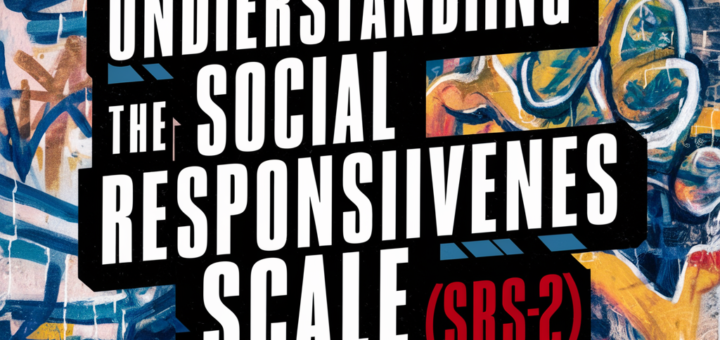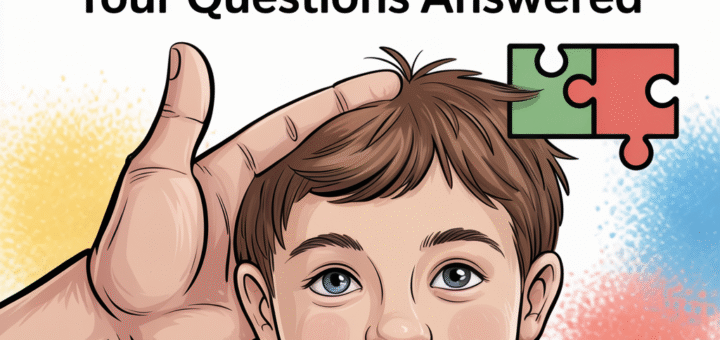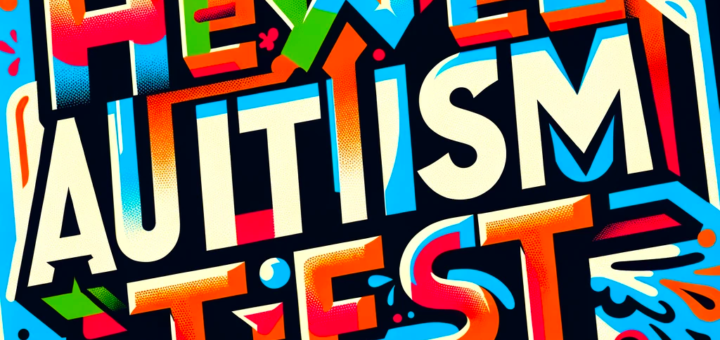FRAT Test Autism: Complete Guide to Folate Receptor Autoantibody Testing
TL;DR (Too Long; Didn’t Read) The Folate Receptor Autoantibody Test (FRAT) is a blood test. It measures autoantibodies directed against folate-receptor alpha (FRα). These autoantibodies can interfere with the transport of folate (vitamin B9)...






